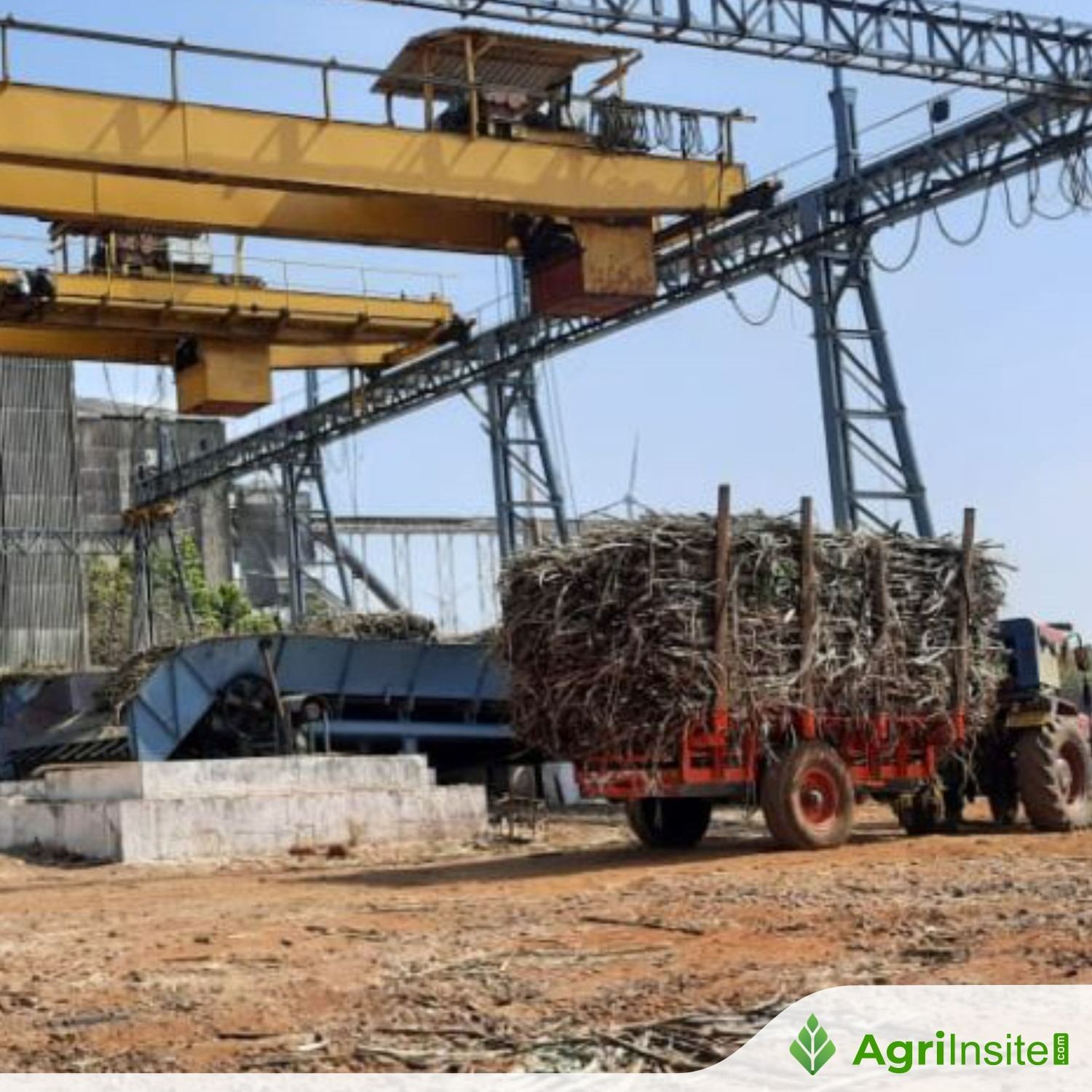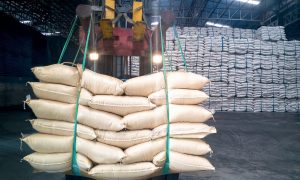Co-op Sugar Mills honoured; Minister recounts positive policy shifts

The National Federation of Cooperative Sugar Factories (NFCSF) hosted its National Efficiency Awards in Delhi, honoring top-performing cooperative mills. Union Minister Pralhad Joshi emphasized policy support for ethanol, AI in farming, and year-round rural employment. The event featured expert panels, an exhibition, and calls for revising sugar’s MSP. NFCSF represents 260 cooperative sugar mills across India.
In a vibrant gathering that brought together key figures from the sugar and cooperative sectors, the National Federation of Cooperative Sugar Factories (NFCSF) held its annual National Efficiency Awards Ceremony at the Dr. Ambedkar International Centre in New Delhi. The event celebrated excellence in performance among India’s cooperative sugar factories, while also focusing attention on crucial policy shifts and technological integration for the future.
Union Minister for Consumer Affairs, Food and Public Distribution and New and Renewable Energy, Pralhad Joshi, in his keynote address, underscored the government’s commitment to balancing the interests of sugarcane farmers, sugar mills, and consumers. He assured the audience that the ministry would soon review proposals to raise both the volume of ethanol blend in fuel and its procurement price, a move aimed at supporting the bioenergy ecosystem and the sugar industry’s diversification efforts.
Highlighting the transformative role of cooperatives, Joshi reflected on the formation of the Ministry of Cooperation, a first under Prime Minister Narendra Modi, as a landmark initiative to institutionalize and expand the cooperative movement. He stressed that the sector must evolve into a business-driven model capable of sustaining employment throughout the year.
The National Efficiency Awards, considered prestigious in India’s sugar industry, were conferred on 25 cooperative sugar mills for outstanding achievements during 2023-24. Categories included cane development, technical efficiency, financial management, highest cane crushing, sugar recovery, and best overall factory performance. The awards were jointly presented by Joshi, Minister of State Nimuben Bambhaniya, and former Union Minister Suresh Prabhu, in a grand function attended by chairpersons, managing directors, and stakeholders from across the country.
A special exhibition showcasing sugar industry technologies and innovations in agriculture was also part of the event and attracted wide interest. The celebration coincided with the lead-up to the International Year of Cooperatives – 2025, with the NFCSF hosting various events throughout the week to mark the occasion.
In his remarks, Pralhad Joshi spoke at length about the positive policy shifts under the Modi government. He posed rhetorical questions comparing past and present performance indicators: “What was the ethanol blend ratio before we came to power? What was the FRP, what were sugar export levels, and at what price was sugar being sold then?” These questions, he implied, were testimony to the significant strides made in recent years, including interest waivers and greater export support for sugar cooperatives.
Former Union Minister Suresh Prabhu emphasized the far-reaching developmental impact of establishing a sugar factory in a region. Beyond just sugar, he said, these factories catalyze employment, infrastructure, and rural prosperity. Sugar, he remarked with sentiment, is interwoven into the emotional and cultural fabric of Indian life.
The event also featured inputs from Haryana Cooperation Minister Arvind Sharma and a technical seminar on the use of artificial intelligence in sugarcane farming. The seminar, held on July 2–3, was chaired by Prasanta Kumar Das of the Indian Council of Agricultural Research (ICAR). In his keynote address, Prataprao Pawar of the Agriculture Development Trust, Baramati, outlined how AI could revolutionize sugarcane cultivation by enhancing precision, yield forecasting, and disease detection.
The panel discussion included insights from Anindya Banerjee, Advisor at the Ministry of Agriculture; Dr. P. Govindaraj, Director of the ICAR Sugarcane Breeding Institute, Coimbatore; and Dr. R. B. Doule, Chief Cane Advisor at NFCSF. Together, they mapped out a roadmap for technological transformation in sugar agriculture.
In his welcome address, NFCSF President Harshvardhan Patil thanked the government for policies supporting the cooperative sugar sector and called for a revision of the Minimum Support Price (MSP) for sugar to align with the rising Fair and Remunerative Price (FRP) of sugarcane. He also stressed the need to increase ethanol procurement prices, noting the significant capital investments made by sugar factories in ethanol production.
The NFCSF, headquartered in New Delhi, represents 260 cooperative sugar factories and nine state federations nationwide. As the apex body for the sector, it plays a key role in advocating for policy, innovation, and recognition through annual efficiency awards, reinforcing the value of cooperative enterprise in rural India’s economic landscape.
To Read more about Sugar Industry continue reading Agriinsite.com
Source : Indian Cooperative















